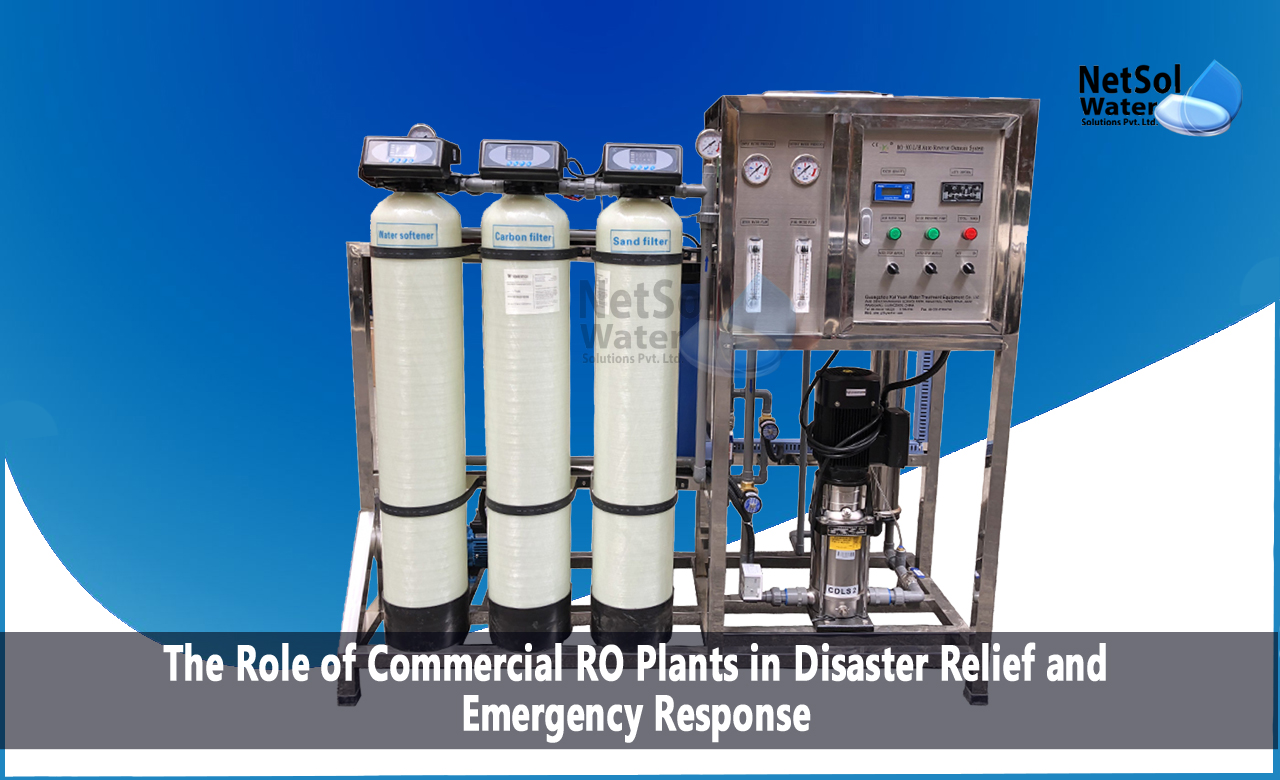The Role of Commercial RO Plants in Disaster Relief and Emergency
Water is one of the most essential resources needed for human survival, but it is also one of the most vulnerable in times of disaster and emergency situations. Natural disasters such as hurricanes, floods, and earthquakes can disrupt water supplies, leaving communities without access to safe drinking water. In such situations, commercial RO plants can play a crucial role in providing clean and safe drinking water to affected communities.
In this blog, we will explore the role of commercial RO plants in disaster relief and emergency response and how they can be used to provide safe and reliable water to communities in need.
1. Rapid Deployment: One of the key advantages of commercial RO plants is their ability to be rapidly deployed in emergency situations. These plants can be transported to disaster zones quickly and set up within a short period of time. This rapid deployment ensures that clean and safe drinking water is available to affected communities as quickly as possible.
2. Scalability: Commercial RO plants are scalable, which means that they can be adjusted to meet the water demand of different communities. During a disaster, water demand can fluctuate rapidly, and commercial RO plants can be adjusted accordingly to meet these demands. This scalability ensures that communities have access to a reliable source of clean water throughout the disaster response period.
3. Efficiency: Commercial RO plants are highly efficient in removing impurities and contaminants from water. They use a membrane filtration process that can remove up to 99% of dissolved solids, ensuring that the water produced is safe for human consumption. This efficiency ensures that communities have access to a safe and reliable source of drinking water during disaster relief efforts.
4. Cost-Effective: Commercial RO plants are cost-effective, especially when compared to other methods of water treatment. During a disaster, funds and resources are often limited, and commercial RO plants can provide a reliable and cost-effective solution for providing clean and safe drinking water to affected communities.
5. Versatility: Commercial RO plants are versatile and can be used in a variety of disaster situations. They can be used in response to natural disasters such as hurricanes and floods, as well as in response to man-made disasters such as chemical spills and industrial accidents. This versatility ensures that commercial RO plants are a valuable resource in any disaster response situation.
6. Sustainability: Commercial RO plants are sustainable and promote environmental responsibility. They use a membrane filtration process that does not rely on chemicals or other hazardous substances, ensuring that the water produced is safe for the environment as well as for human consumption. This sustainability ensures that communities can rely on commercial RO plants for safe and reliable drinking water without causing harm to the environment.
Conclusion:
In conclusion, commercial RO plants play a crucial role in disaster relief and emergency response efforts. Their rapid deployment, scalability, efficiency, cost-effectiveness, versatility, and sustainability make them a valuable resource for providing safe and reliable drinking water to affected communities. In times of disaster and emergency situations, access to safe drinking water is essential for human survival, and commercial RO plants can provide a reliable and effective solution to this problem. By promoting the use of commercial RO plants in disaster relief and emergency response efforts, we can ensure that communities have access to safe and clean drinking water when they need it the most.
For any other support, inquiries, or product purchases, call on +91-9650608473 or email at enquiry@netsolwater.com



